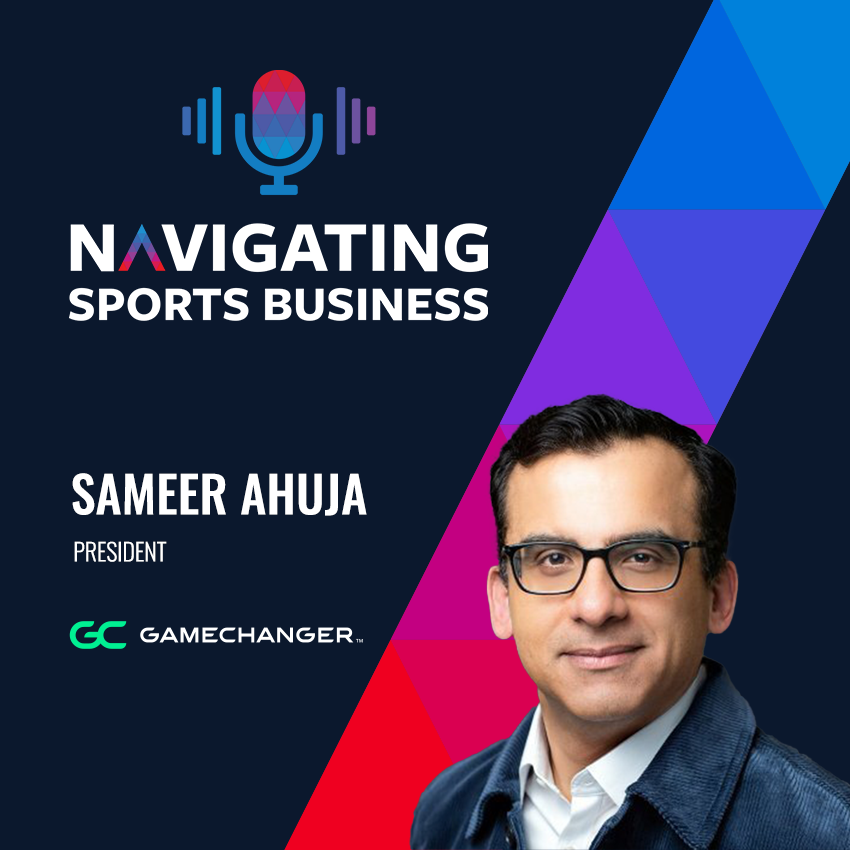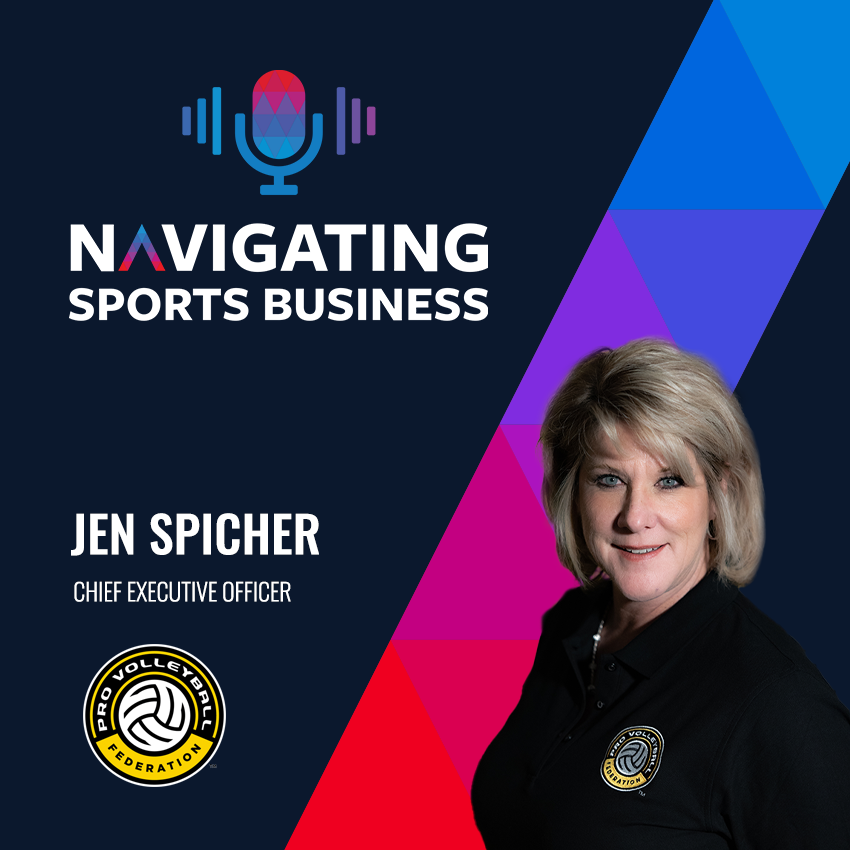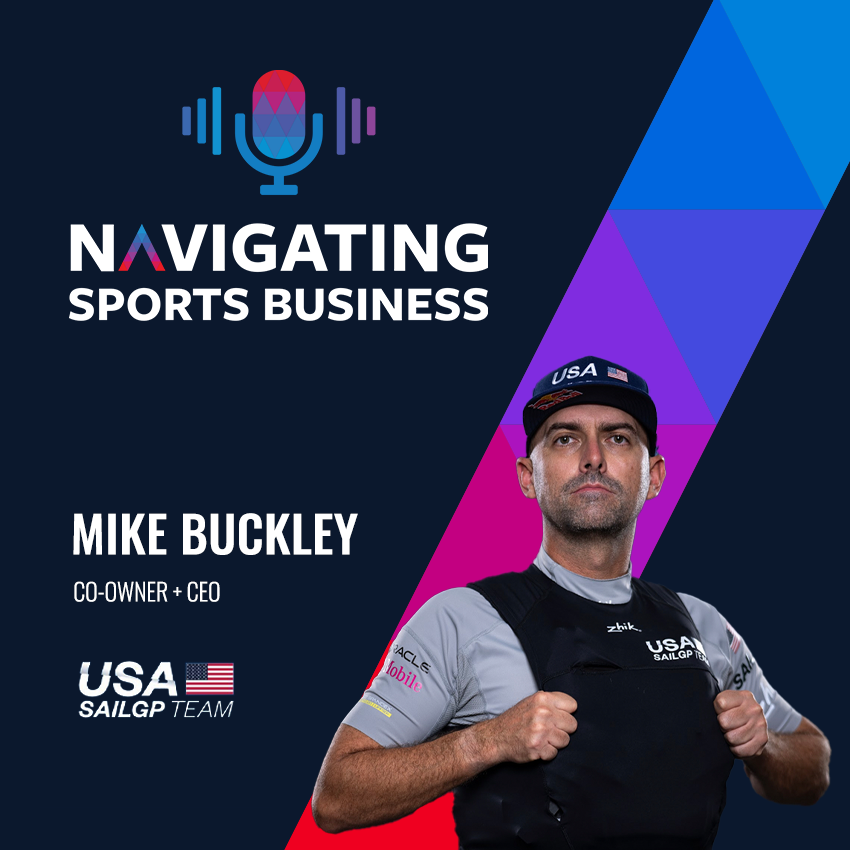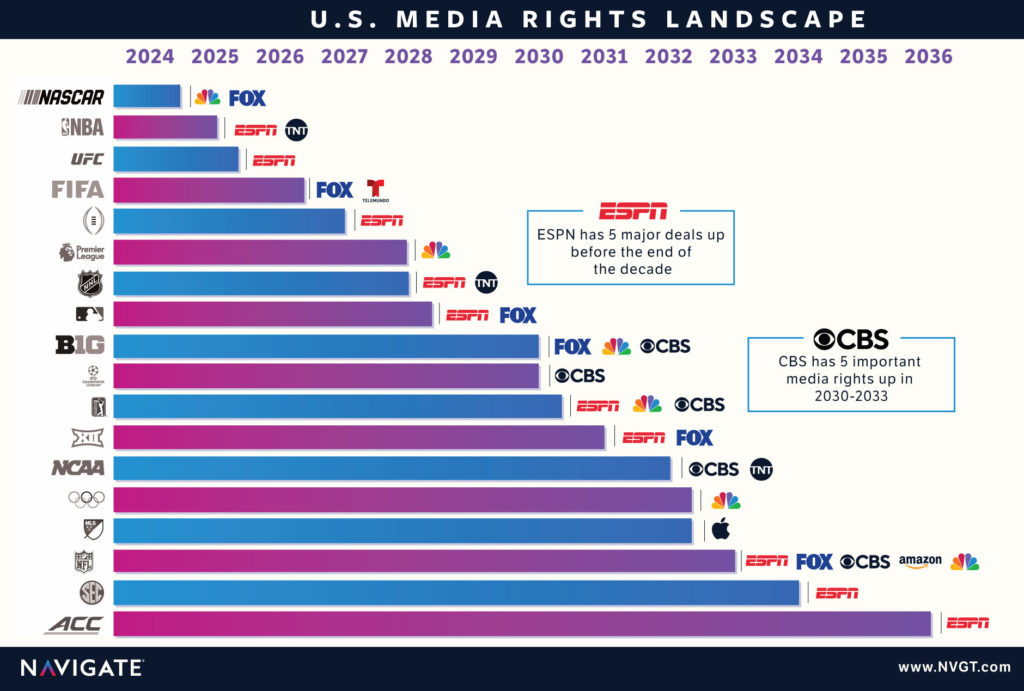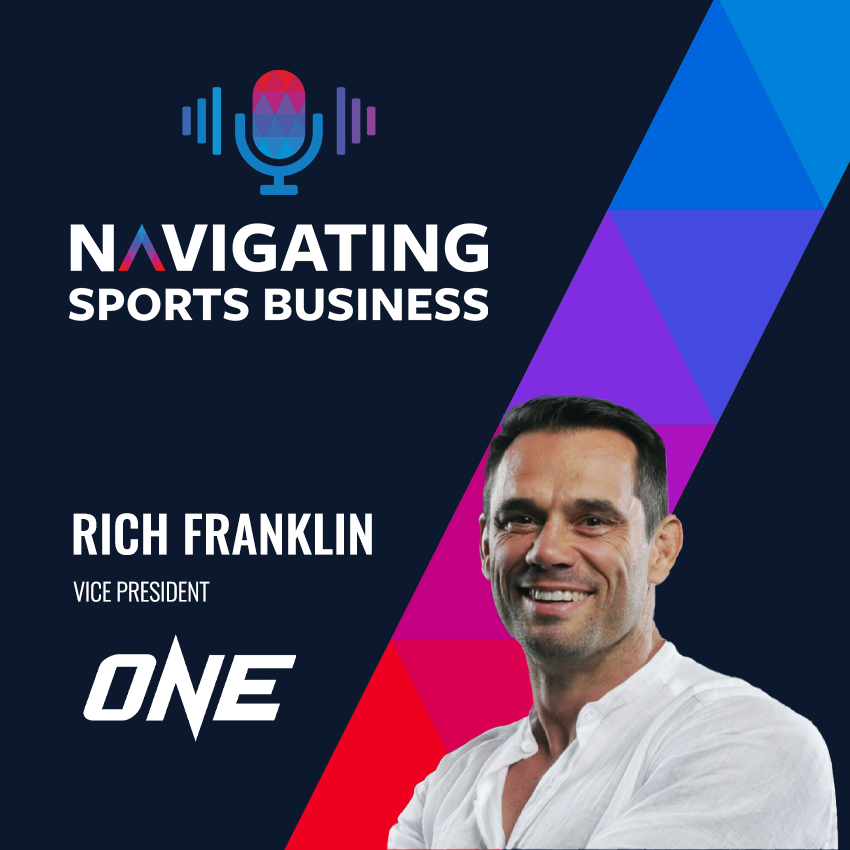
Podcast Alert: Rich Franklin – ONE Championship
Rich Franklin – VP of ONE Championship – describes his transition from elite MMA fighter to executive at Asia’s largest sports property, and his role in ONE’s expansion into the U.S.
A lot has changed since we published our interview ONE Founder Chatri Sityodtong, including their debut U.S. event last May. An important part of Rich’s role is working with cities to get new events approved, including upcoming showcases in Denver and Atlanta.
Details:
3:15 – ONE Championship is not just an MMA company
5:35 – Last year’s U.S. debut in Denver
10:50 – Getting the rule set approved
12:20 – The Amazon Prime streaming deal
13:50 – Goals for the future
14:45 – Rich’s background in martial arts
21:00 – The shift from athlete to executive
27:55 – Rapid Fire Questions

